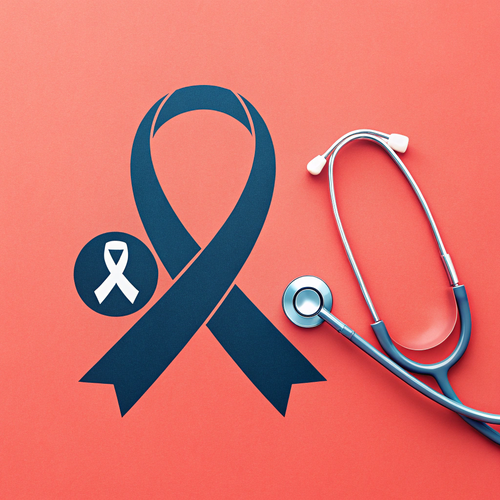- Blood cancer patients have expanded donor match options now.
- Sylvester’s study shows partial matches improve transplants.
- Skin cancer prevention is crucial, especially for cancer patients.
- Lifestyle changes are vital for enhancing cancer care.
- Psychological support helps patients manage their cancer journey.
Research Shows Partial Matches Can Help Patients Get Transplants
Donor Match Options for Blood Cancer Patients Expand
Experts Stress Importance of Skin Cancer Prevention
Recent findings from Sylvester showcase promising advancements in blood cancer treatment. With the help of an immune-suppressing drug, cyclophosphamide, patients can now benefit from partial matches sourced from the national public donor registry. This is significant for those who have faced difficulties in finding a suitable donor match, bringing new hope to patients seeking blood stem cell transplants. According to Dr. Antonio Jimenez Jimenez, who led the study, these results mark a pivotal shift in treatment possibilities for blood cancer patients.
Lifestyle Changes to Enhance Cancer Treatment Outcomes
Skin cancer remains the most common cancer globally, and Sylvester experts are urging everyone, particularly cancer patients, to prioritize prevention. Dr. Susana Mejia highlights the necessity of using sunscreen regularly, regardless of the weather or activity. Questions like ‘What does skin cancer look like?’ and ‘What SPF should I use?’ are vital to understand as these experts aim to equip patients with knowledge essential for safeguarding their skin, especially during treatments like chemotherapy or immunotherapy that increase sun sensitivity. It’s crucial for patients to be proactive about their skin health during and after treatment.
Psychological Support for Cancer Patients Matters
The landscape of cancer care is changing, moving beyond just traditional chemotherapy and radiation treatments to incorporate lifestyle modifications that can greatly improve patient wellbeing. Dr. Tracy Crane emphasizes that lifestyle medicine, which combines nutrition, exercise, stress management, and social relationships, is crucial for cancer survivors. She adds that adopting healthier habits isn’t just about prevention; it’s integral to the journey of survivorship. By focusing on improving lifestyle behaviors, patients can enhance their quality of life significantly during and after cancer treatments.
Innovative Research and Support in Cancer Care
Navigating a cancer diagnosis can be overwhelming, but Dr. Lara Traeger is dedicated to guiding patients through this challenge at Sylvester. As a clinical psychologist and researcher, she equips patients with coping strategies, skill sets to manage their care, and tips for effective communication with their healthcare teams. Her efforts also address common survivorship concerns, aiming to integrate evidence-based interventions that help build resilience. Dr. Traeger’s work underscores the necessity of mental health support as part of comprehensive cancer care.
Media Contact for Further Information
Overall, Sylvester Comprehensive Cancer Center continues to lead in various facets of cancer research and support. From increasing the donor pool for blood cancer patients to advocating for lifestyle medicine and offering psychological resources, Sylvester is shaping a future that prioritizes comprehensive and innovative patient care. It’s clear that the journey through cancer involves more than just physical treatment; mental and emotional support play a critical role in achieving positive outcomes.
Sylvester Comprehensive Cancer Center
For members of the media looking to delve deeper into the stories from Sylvester, Sandy Van can be contacted for more details. Sylvester’s experts, including Dr. Antonio Jimenez Jimenez in medicine, are making strides in cancer treatments and research.
In summary, the advancements reported from Sylvester present hope for blood cancer patients and highlight the need for skin cancer prevention. Emphasizing lifestyle changes can significantly benefit patients and survivors alike. Psychological support is essential for navigating cancer journeys, reminding us that cancer care is multidimensional.




